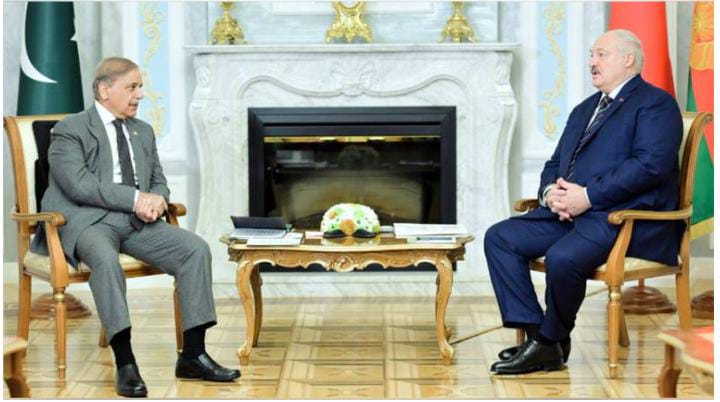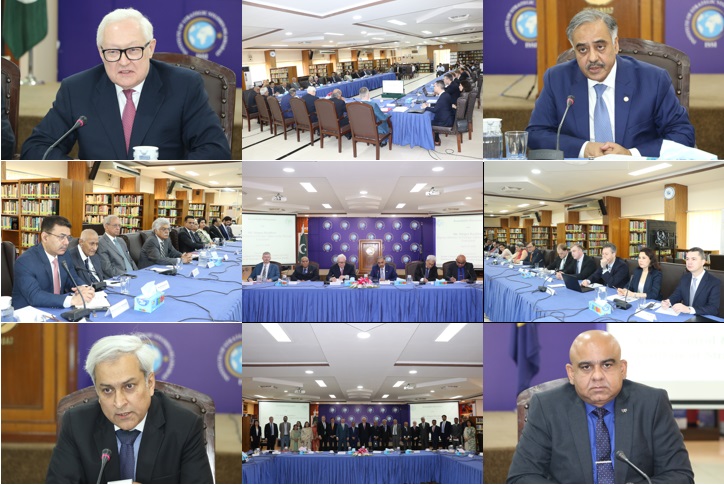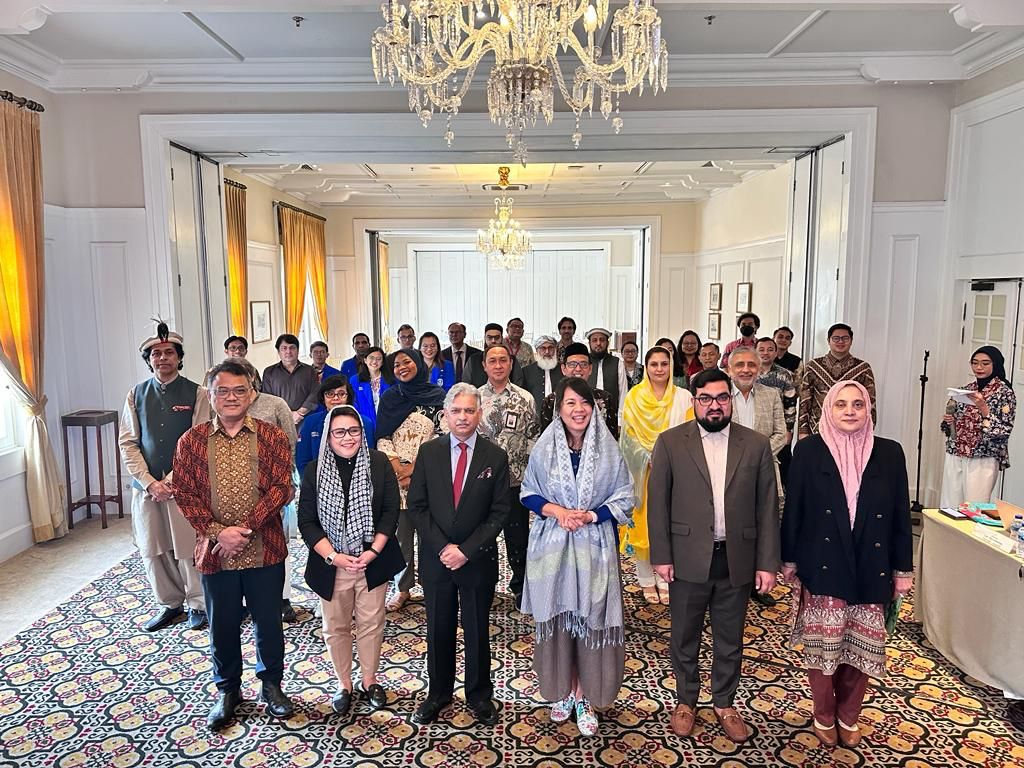Belarus Offers to Host 150,000 Skilled Pakistani Workers, PM Shehbaz Announces
MINSK, April 11: Belarus has offered to host over 150,000 skilled Pakistani workers, Prime Minister Shehbaz Sharif announced on Friday during his official visit to Minsk. The proposal, described as a “gift” for Pakistan, aims to strengthen bilateral ties while providing employment opportunities for Pakistani youth and supporting Belarus’s development needs.
PM Shehbaz, leading a high-level delegation including Deputy PM Ishaq Dar and Punjab Chief Minister Maryam Nawaz, arrived in Belarus on Thursday at the invitation of President Aleksandr Lukashenko. The two leaders held extensive talks, resulting in multiple agreements spanning defense, trade, agriculture, and environmental cooperation.
Speaking at a joint press conference, Shehbaz thanked Belarus for the opportunity, assuring that Pakistani workers—certified under international and national standards—would contribute significantly to Belarus’s economy. He also emphasized Pakistan’s interest in learning from Belarus’s advancements in agriculture, mining, and industrial technology.
“Pakistan is an agrarian economy, and 65% of our population lives in rural areas,” Shehbaz stated. “We seek Belarus’s expertise to enhance agricultural productivity and explore joint ventures in mining, where Pakistan has untapped trillion-dollar reserves.”
President Lukashenko reaffirmed Belarus’s commitment to deepening relations with Pakistan, highlighting potential collaborations in trade, industry, and technology. The two nations signed 15 Memorandums of Understanding (MoUs), including a **three-year Roadmap for Comprehensive Cooperation (2025-27), a defense cooperation agreement, and accords on environmental protection and postal services.
Key agreements:
– Readmission Agreement and interior ministry cooperation** to streamline legal migration.
– Military-technical cooperation roadmap between defense ministries.
– Trade and business development initiatives to boost economic ties.
The visit builds on Lukashenko’s 2015-16 trip to Pakistan and follows recent high-level engagements, including the 8th Joint Ministerial Commission session in February. Analysts view the agreements as a step toward long-term strategic partnership, with mutual benefits for both economies.




